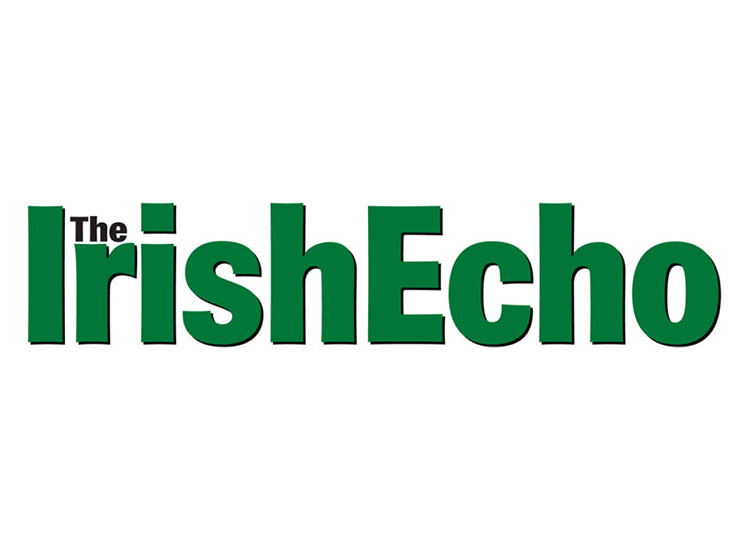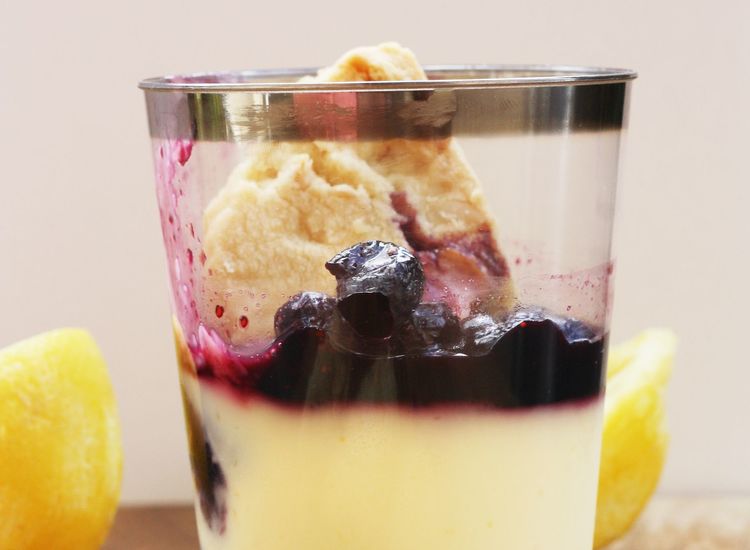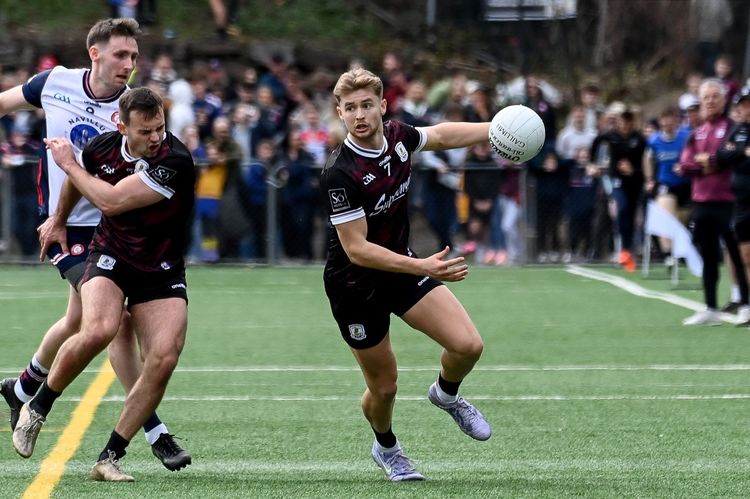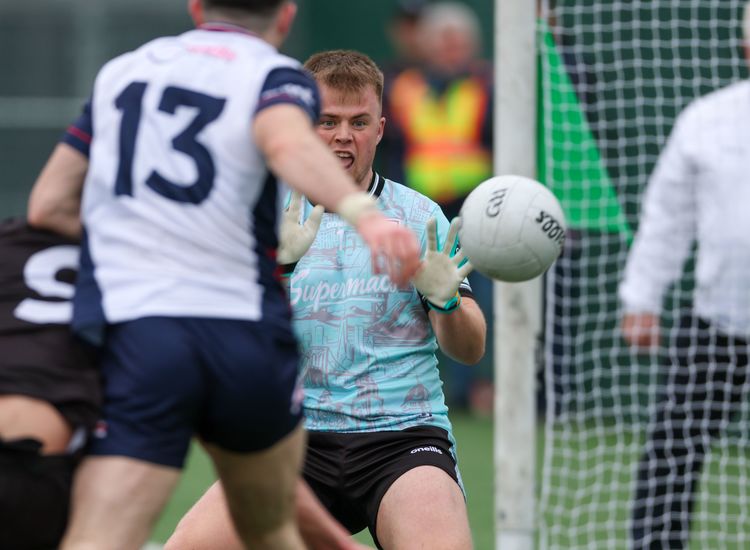Another criticism voiced in Ireland was that the "new" De Dannan is just a nominal transition from the Hibernian Rhapsody tour band forged by Gavin a few years ago: Kerry resident Damien Mullane on button accordion, Galway's Eric Cunningham on bodhran, snare drum, flute, and whistle, Kerry's Mike Galvin on guitar, and Galway's Michelle Lally on vocal. (Hibernian Rhapsody pianist Carl Hession, another Galway resident, is the only one who didn't make the switch.)
I can understand the deep nostalgia and fierce loyalty for the early De Dannan of Gavin, Finn, Charlie Piggott, Johnny "Ringo" McDonagh, and Dolores Keane, as well as later members Jackie Daly, Mairtin O'Connor, Maura O'Connell, and Mary Black. But pining for so-called definitive lineups of a longstanding band flies in the face of reality. Can you think of any well-established Irish traditional band with the same personnel today as at its founding? The Chieftains, Cherish the Ladies, and Altan are all groups now active for a quarter century or more, and each has undergone several changes. Only Paddy Moloney survives from the Chieftains' first lineup (fiddler Sean Keane joined on "The Chieftains 2" album), only Joanie Madden and Mary Coogan are holdovers from the initial CTL lineup, and only Mairead Ni Mhaonaigh, Ciaran Curran, and Mark Kelly (part-time) endure from the original Altan lineup.
What matters is not lineup changes but what music is produced as a result of those lineup changes. If the music is good, the changes won't matter. If the music is not good, posterity will usually seal the fate of the band.
So here's the only pertinent question: Is the music of the new De Dannan any good? That answer has to be yes, based on what I saw and heard from the band on the night of March 15 at Joe's Pub, a Greenwich Village destination once deemed insider hip but now just another small venue in lower Manhattan's music scene.
Any ensemble featuring Gavin ensures itself of excellence on fiddle, and in Joe's Pub he gave ample proof of his virtuosity. Gavin's bowing often relies on an intense economy, with tight strokes, accents, and other embellishments yielding a powerful, protean mix of tone, detail, and imagination. His instinct for macro- and micro-improvisation is exceptional, especially when he darts from the melody and then nimbly nestles back in again after a vertiginous flight of fancy. Even when velocity occasionally overwhelms his playing, Gavin's skill is undeniable and inescapable. A Bach piece linked to the reel "The Lads of Laois," a medley of three barndances, the blues-inflected jigs "Red-Haired Mary / Hardiman the Fiddler," and "Wild Irishman" all showcased Gavin's gift for edgy invention.
The three other instrumentalists in De Dannan are proficient players. Mullane is the latest in a long line of distinguished button accordionists in the band, and his playing is a compelling partner and foil to Gavin's fiddling. Cunningham's skill on percussion, flute, and whistle adds depth and breadth to the ensemble's sound, and an unnamed tune he wrote and performed on whistle indicates he also has an aptitude for composing. Galvin is the rhythm bulwark in the band who brings an extra measure of bluesy bottleneck on occasion to his guitar picking.
Michelle Lally sang a diverse repertoire of songs, including the traditional "Down the Moor"; "If You Love Me," popularized in 1949 by Edith Piaf; and U.S. folksinger-composer David Mallett's "Summer of My Dreams," which former De Dannan lead singer Dolores Keane covered on her solo album "Solid Ground" in 1993.
"Heartbreak Pier," a song referring historically to a principal emigration port in Cobh, Cork, is a mediocre take -- "heartaches and roses, tissues and tears, one last goodbye for a thousand years" -- on a painful subject. Lally tended to loll in its emotionalism.
She fared better on Olla Belle Reed's "High on the Mountain," a bluegrass staple memorably recorded by Del McCoury and the Dixie Pals in 1972. If "high lonesome" was missing from the overall vocal treatment, it still incorporated bent notes from Galvin on guitar with help from Gavin's down-home bowing.
The band's encore began with "My Irish Molly-O," a 1905 song with which the Flanagan Brothers had a hit in 1928 and De Dannan had a hit in 1981. It's a smile inducer, as is the Beatles's "Here Comes the Sun," performed instrumentally as a trad-style dance tune after the familiar, signature guitar opener.
In a sense De Dannan is as much a brand as a band, and keeping both alive hardly constitutes sacrilege, as some trad pundits in Ireland evidently think. The future of the brand and band will depend on audience reaction, and as a member of the audience this night, my reaction was, for the most part, positive.
Look for a new studio album, now nearly finished, from De Dannan in the coming months.









